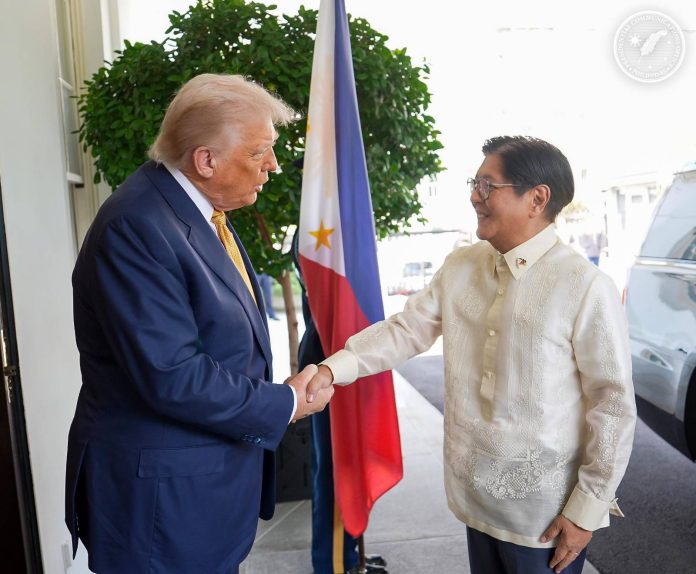Strengthening Ties: The Marcos Jr. Administration and U.S. Relations
Overview
The current administration of President Ferdinand “Bongbong” Marcos Jr. marks a significant shift in the Philippines’ foreign policy, particularly in its relations with the United States. Unlike his predecessor, Rodrigo Duterte, who distanced the country from traditional allies and leaned towards China, Marcos Jr. has fostered a closer partnership with Washington. This article explores the implications of this renewed alliance, focusing on the proposed U.S.-funded ammunition hub in Subic Bay, the broader context of military and economic cooperation, and the geopolitical ramifications of these developments.
Introduction
Under President Marcos Jr., the Philippines has seen a warming of relations with the United States, a notable pivot from the previous Duterte administration. Duterte’s tenure was characterized by a controversial foreign policy that sought to diminish ties with the U.S. in favor of closer connections with China, especially amid criticisms regarding human rights abuses during the war on drugs. As a result, the Philippines’ strategic posture has evolved, with significant implications for its defense capabilities and economic partnerships.
Description
A Shift in Foreign Policy
The Marcos Jr. administration’s approach to foreign relations has been marked by a renewed commitment to the United States. This shift is particularly evident in discussions surrounding the proposed U.S.-funded ammunition hub in Subic Bay. Both President Marcos Jr. and former U.S. President Donald Trump have confirmed plans for this initiative, which is seen as a crucial element of U.S. support for the Philippines’ “self-reliance defense program.” The hub is expected to enhance the Philippines’ military capabilities, providing access to a variety of munitions, including “speedy missiles” and “accurate ones,” as emphasized by Trump.
Economic and Employment Opportunities
Philippine Defense Secretary Gilberto Teodoro has indicated that the Subic hub will create approximately 200 to 300 specialized jobs, contributing to local commerce and economic growth. This initiative not only strengthens military ties but also aims to bolster the economy in the Subic area, demonstrating a multifaceted approach to U.S.-Philippine relations.
Geopolitical Considerations
While the establishment of the ammunition hub signifies a deepening partnership with the U.S., it also raises concerns about potential repercussions from China. President Marcos Jr. has acknowledged that such military initiatives could make the Philippines a target for Chinese aggression. However, he argues that the country is already at risk and emphasizes the importance of national security. This perspective underscores the “ironclad commitment” to the strategic partnership with the United States, as both nations work together to address regional security challenges.
Broader Foreign Assistance
In addition to the ammunition hub, the Philippines is set to receive approximately $60 billion in foreign assistance from the U.S. This funding, the first of its kind since the Trump administration began reevaluating its foreign assistance program, aims to support various initiatives in maritime security, energy, and economic development. However, some aspects of this assistance have faced criticism from Philippine lawmakers, particularly regarding trade agreements perceived as “lopsided.” For instance, a recent trade deal has been criticized for offering only a 1% tariff reduction on Philippine goods in exchange for a zero-tariff policy on U.S. automobiles.
Economic Implications
Political analyst Iris Arugai has suggested that the 1% tariff reduction will have minimal impact on the Philippine economy, viewing it as a reflection of Trump’s “America First” policy. This highlights the complexities of U.S.-Philippine economic relations, where strategic military partnerships must be balanced with economic realities and domestic concerns.
End Notes:
The Marcos Jr. administration is actively strengthening military and strategic ties with the United States, as evidenced by initiatives like the Subic ammunition hub and substantial foreign assistance. While navigating the geopolitical landscape, particularly concerning China, the administration faces domestic economic critiques that complicate its foreign policy objectives. Ultimately, the Philippines is positioning itself to bolster its defenses and ensure national security, even as it contends with the challenges and opportunities presented by its evolving relationship with the United States. The road ahead will require careful navigation of both international dynamics and local economic interests as the nation seeks to secure its future in an increasingly complex global environment.
